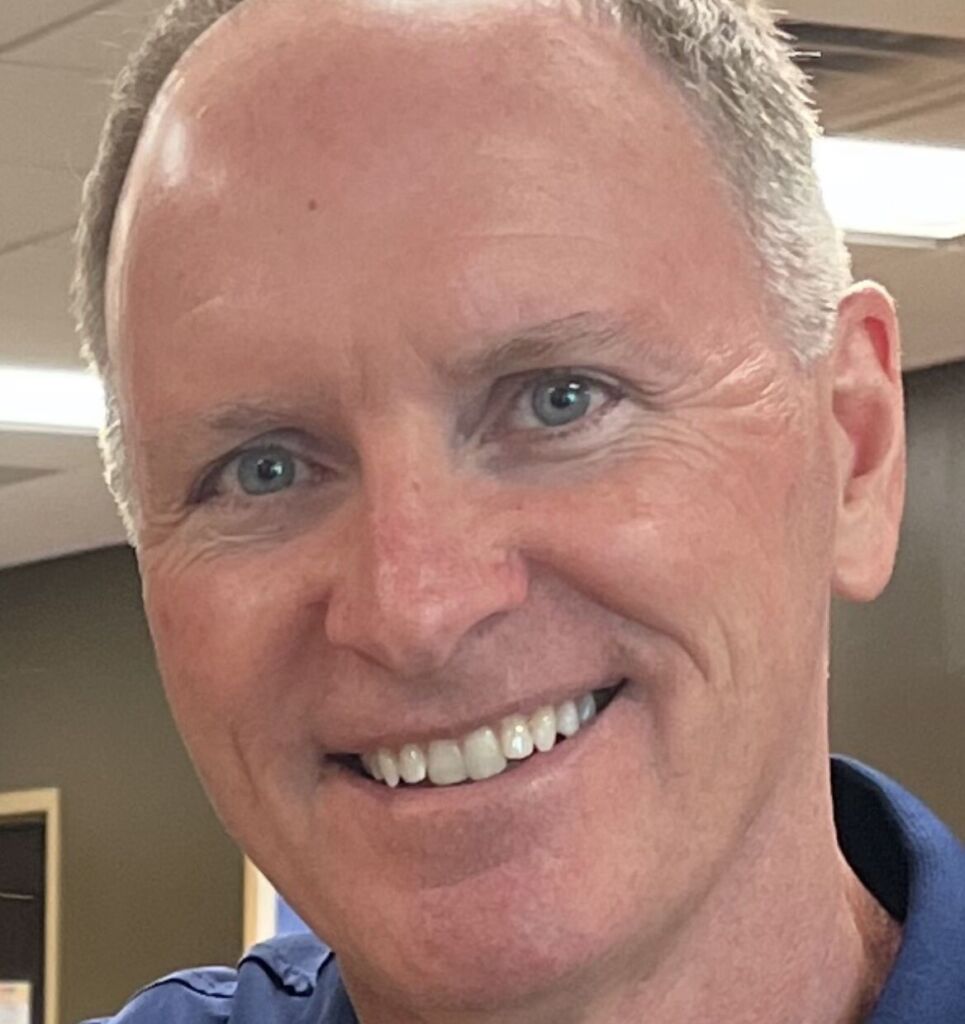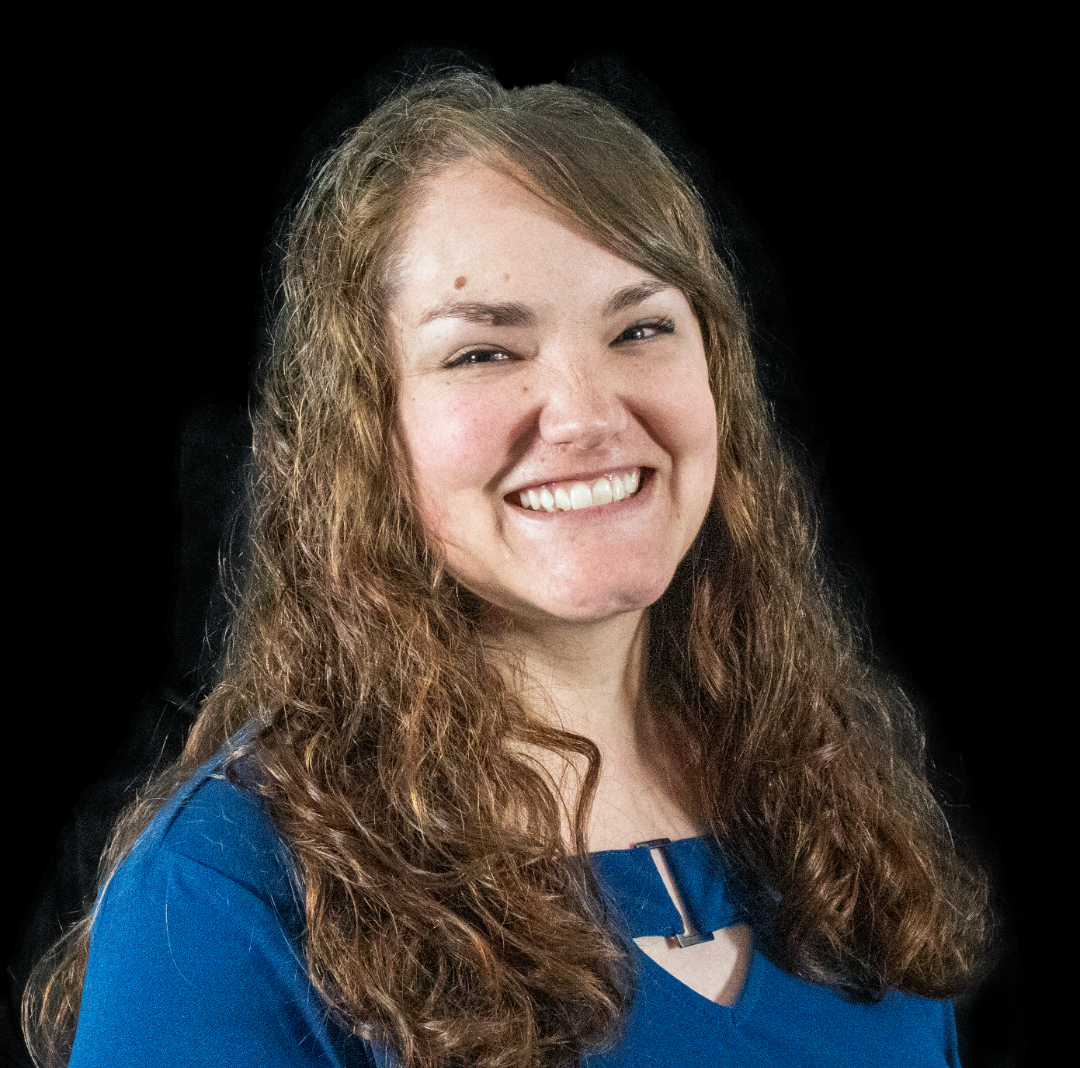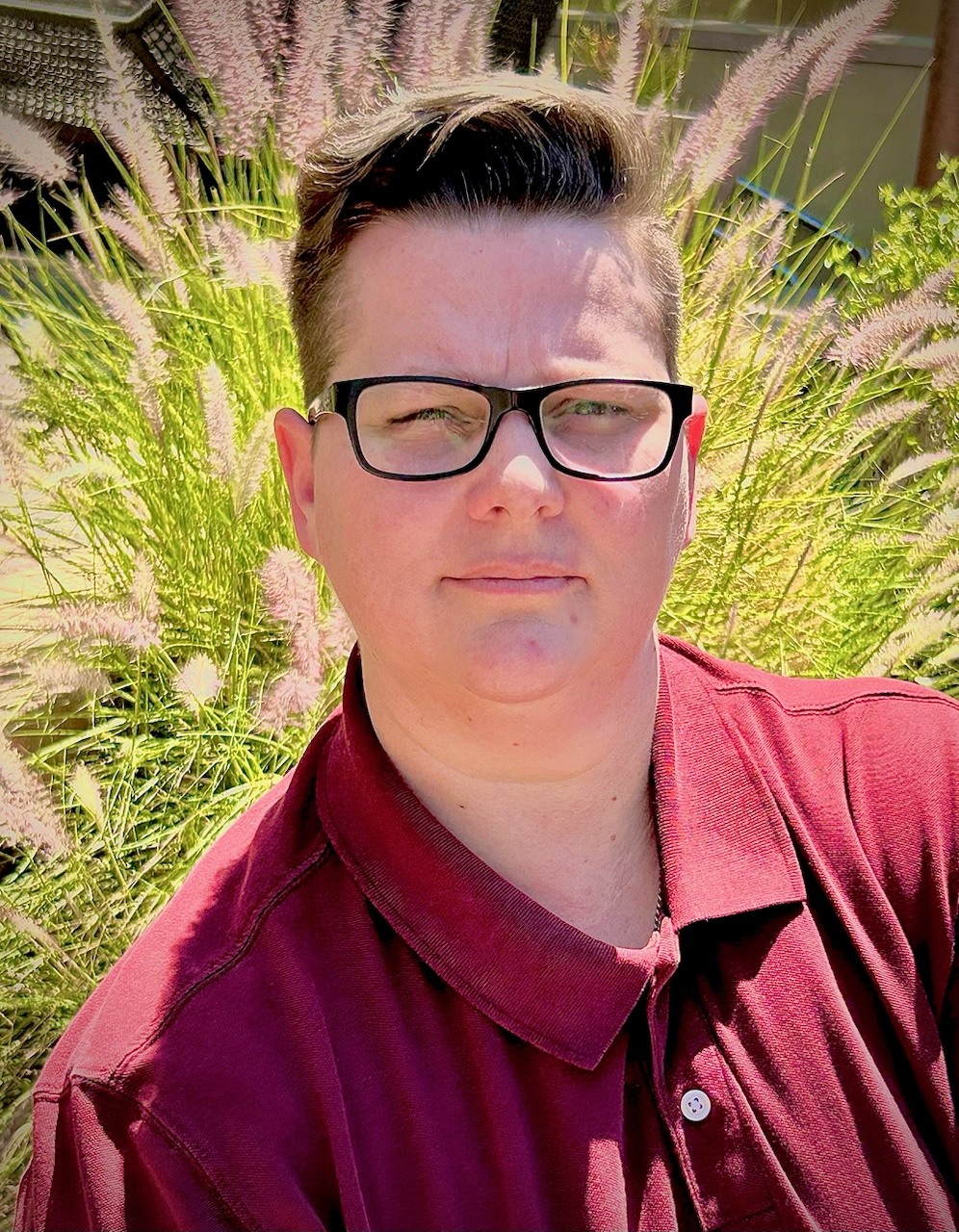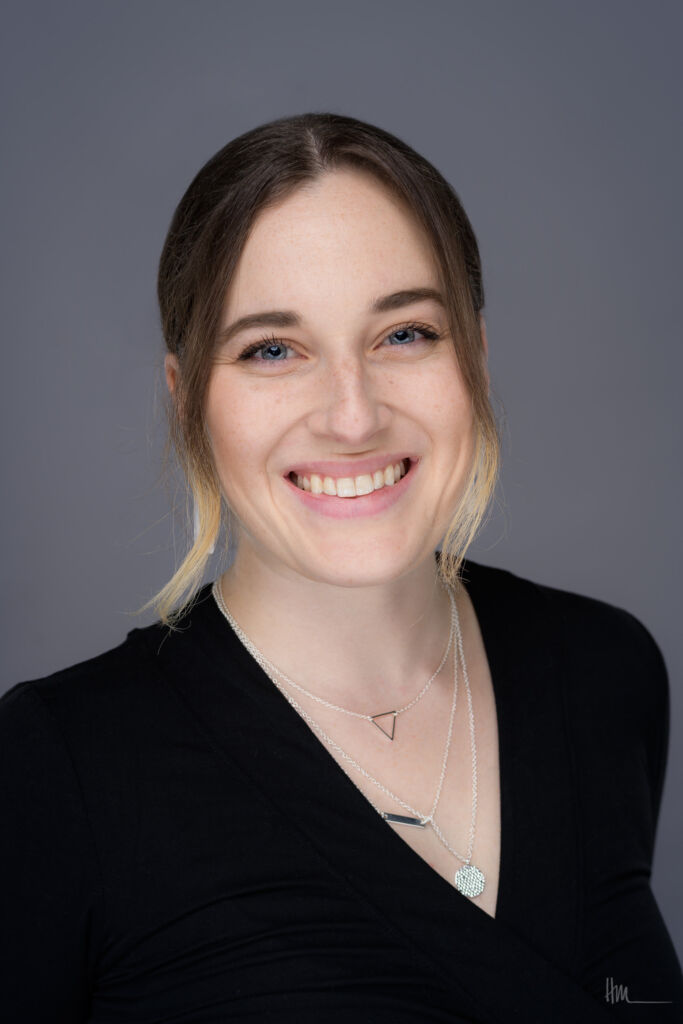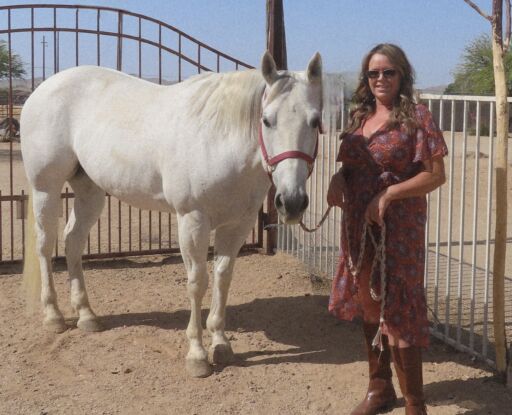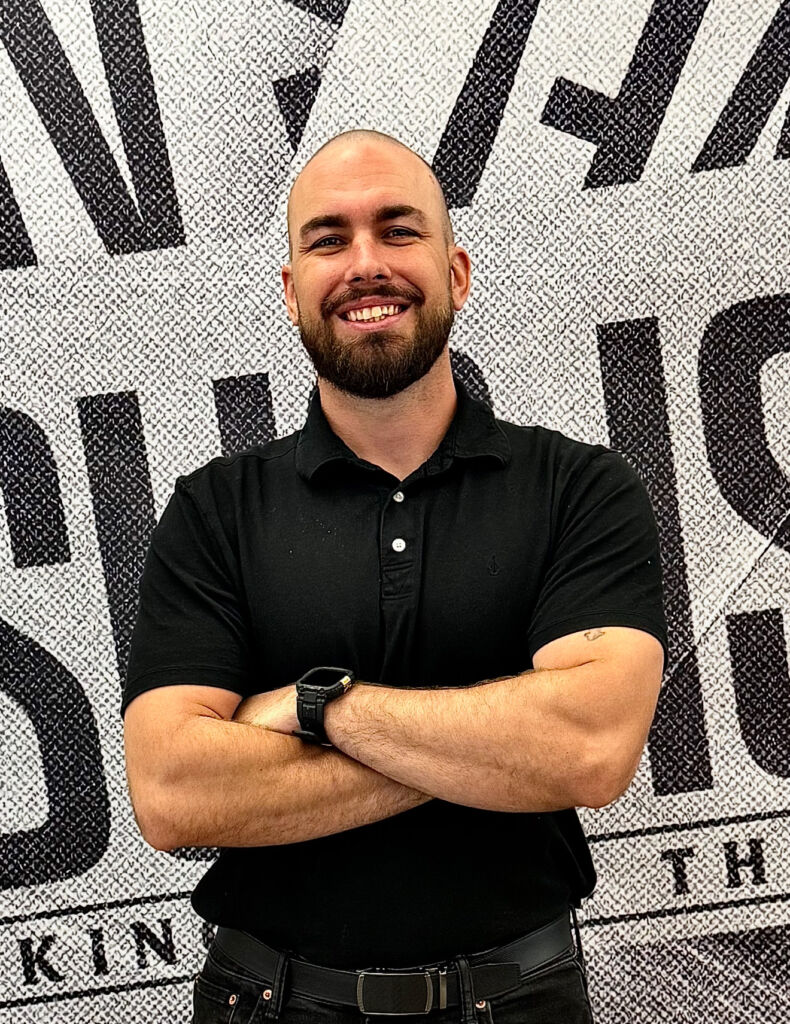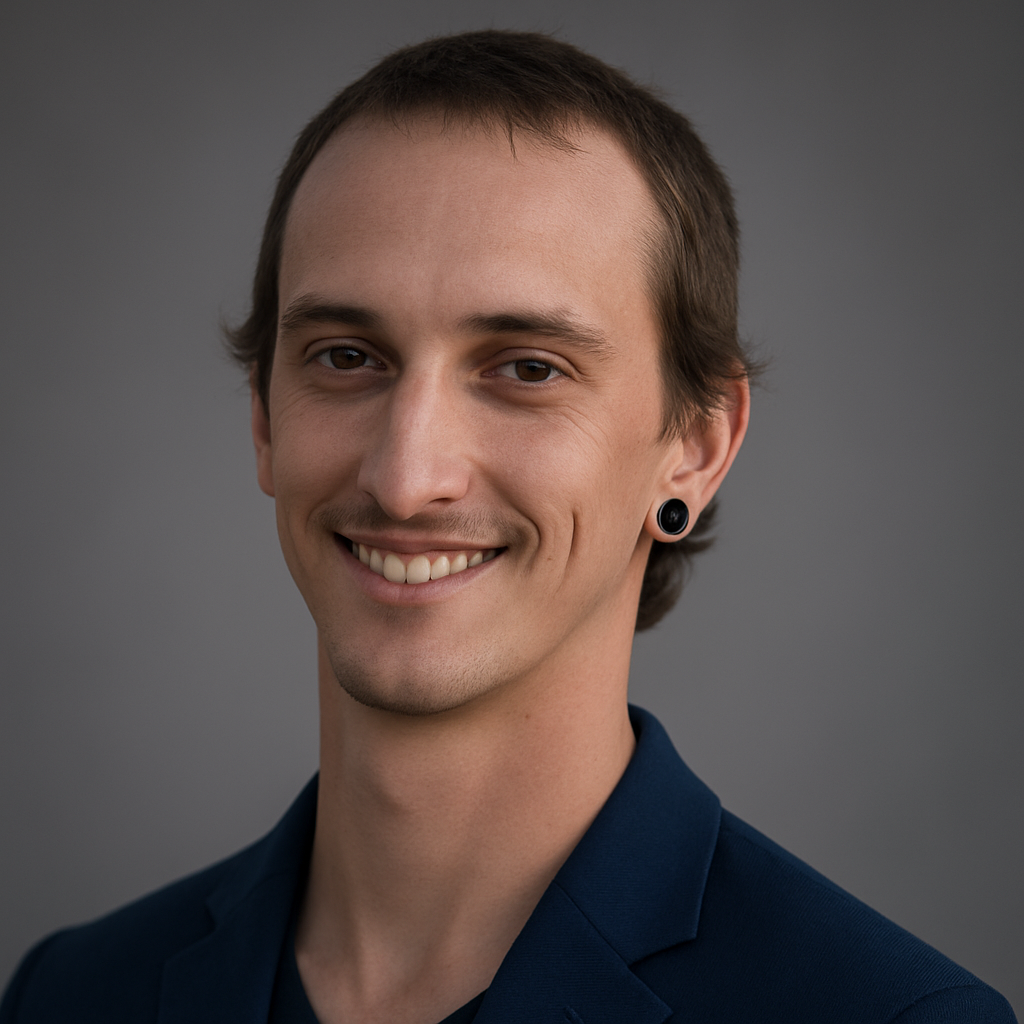Individualized Recovery Goals that Guide You to a Better Life
Camelback Recovery provides a wide variety of mental health, addiction treatment, sober living, and recovery coaching services. Everything we offer has been specifically selected to contribute to your recovery journey and long-term sobriety. This list is a good illustration of how we separate ourselves from any other treatment center in the area, but to experience it is much different. If you are interested in learning more about any of the items listed, feel free to give us a call to schedule a tour or simply talk to an admissions specialist.
Our Team
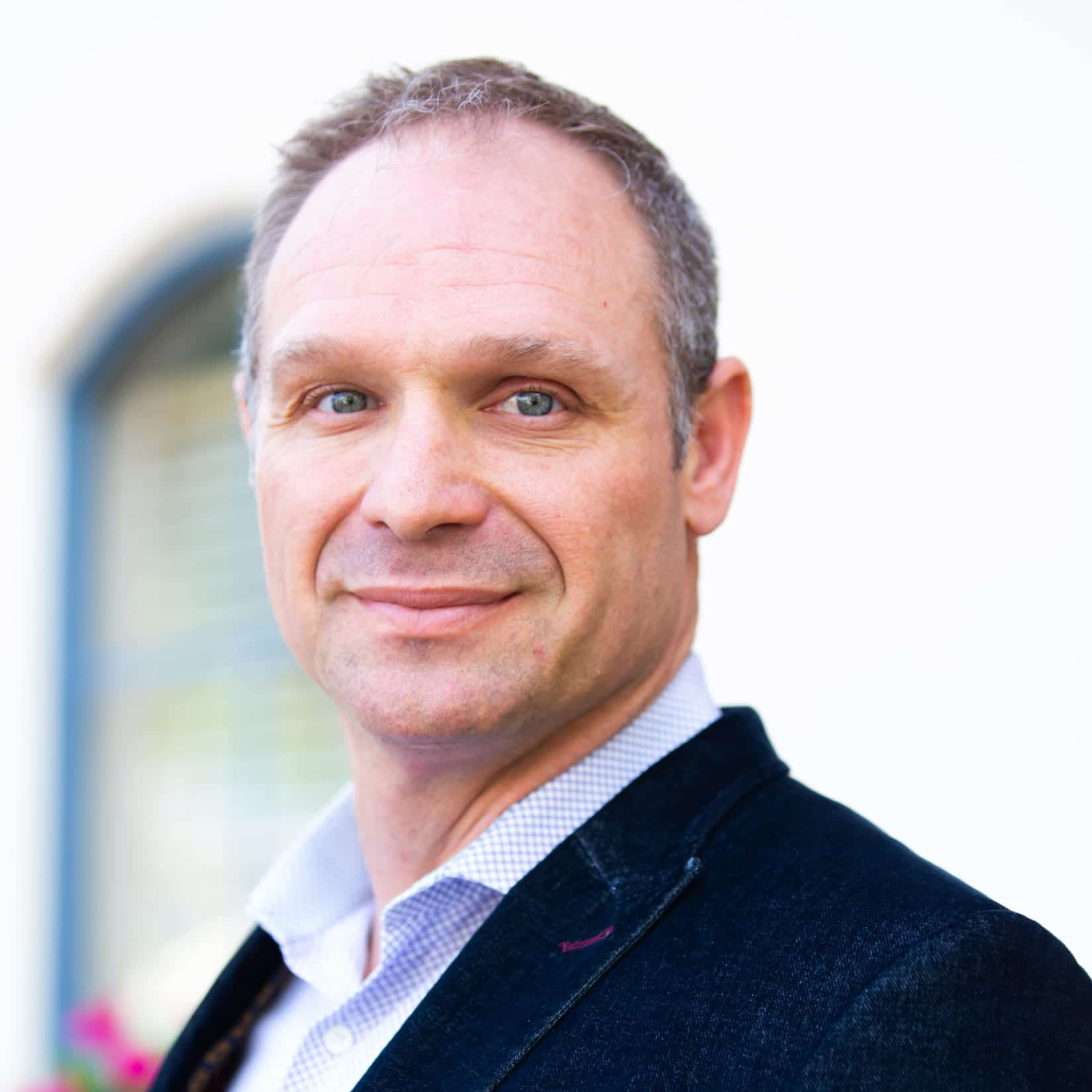
Timothy Westbrook
Chief Executive Officer
Timothy Westbrook is in the business of helping people recover from substance use disorders and process addictions. Tim was born and raised in Southern California and spent his teen years in Oxnard, California. He attended the University of California, Davis where he obtained his Bachelor of Science in Business.
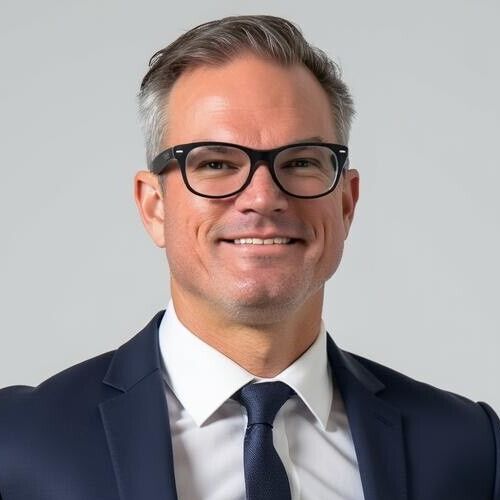
Chris Newman
Chief Operating Officer
Chris’ passion and purpose in life is to assist clients and families in achieving freedom from addiction. Chris approaches those who need help with care and compassion and strives to ensure that everyone is treated with respect and love. Chris’ message to all is “Everyone deserves help, and anyone can recover if they are willing.”
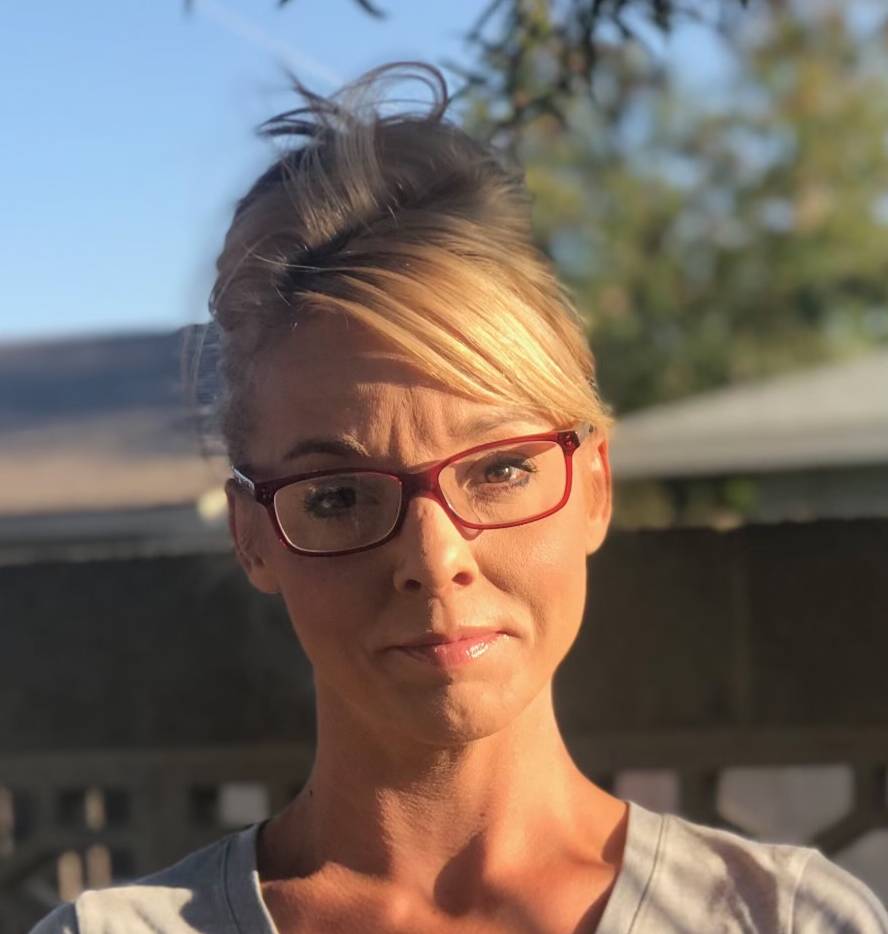
Lynda “Nina” Davis
Director of Community and Client Services
Nina Davis, originally from Canton OH, joined Camelback Recovery as a House Manager in 2018 only having 90 days sober. Working under Tim Westbrook, she realized her purpose was to help people and inevitably got the chance to touch more peoples lives when she was promoted to the Program Director 9 months later.
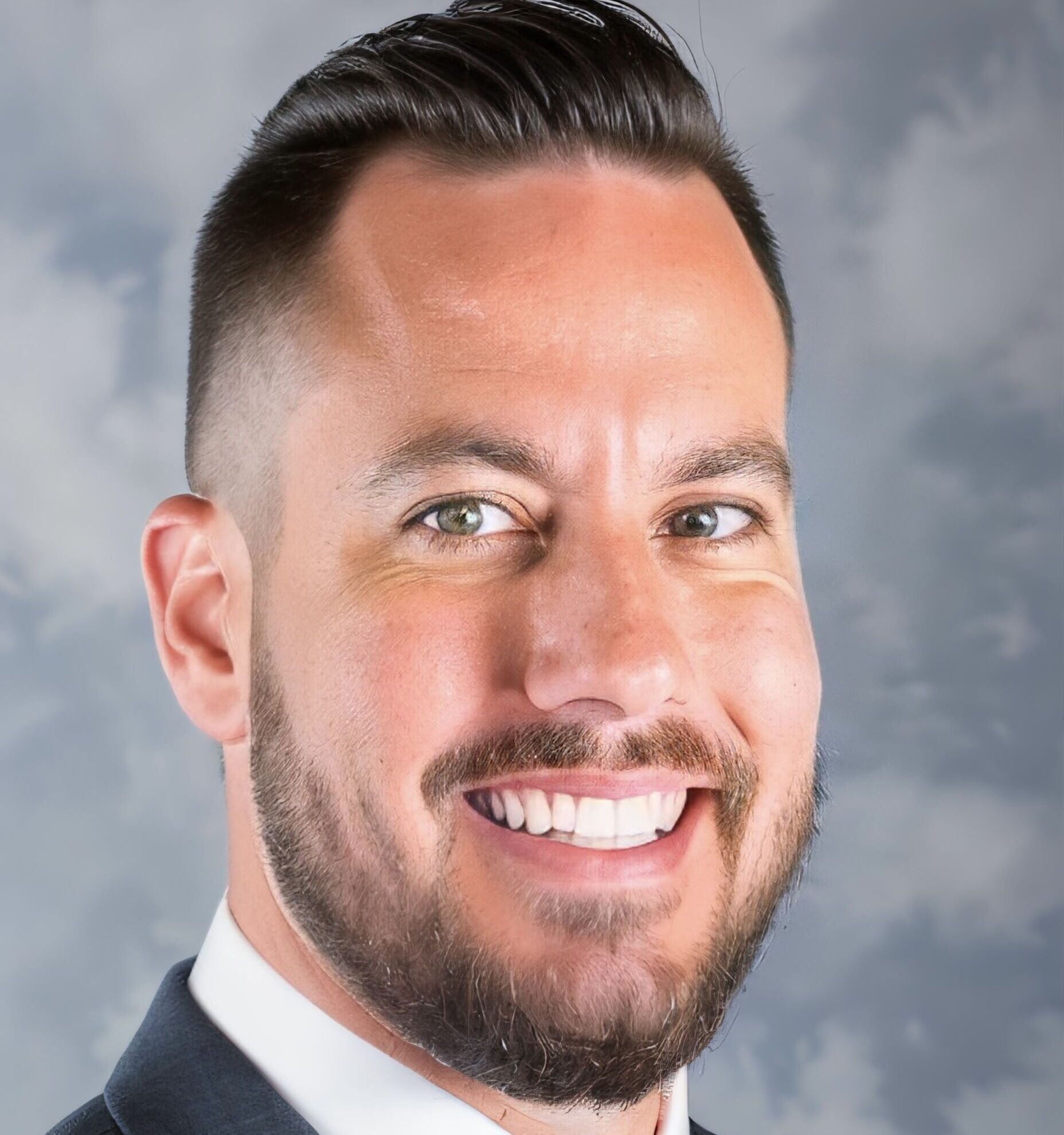
Dr. Robbie Westerman
DNP-PMHNP
A leader bridging innovative approaches coupled with gold-standard practice in addiction medicine, Dr. Robbie has spent the last ten years focused on equitable and effective care delivery to thousands of patients seeking mental health treatment. In 2022, he co-founded Camelback Integrated Health and Wellness to expand access to innovative treatments while reducing barriers to care.
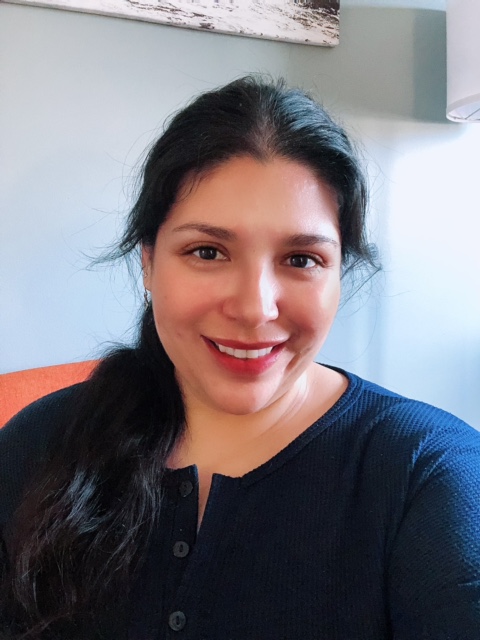
Jackie Bachelier
Primary Therapist
Jackie has been working in mental health in the phoenix area in various capacities for 14 years. After receiving her masters degree, she continued her work with patients who required the highest level of care in terms of treatment. This experience, coupled with her own areas of trauma, led her down her current path of compassion and desire to help others see change.
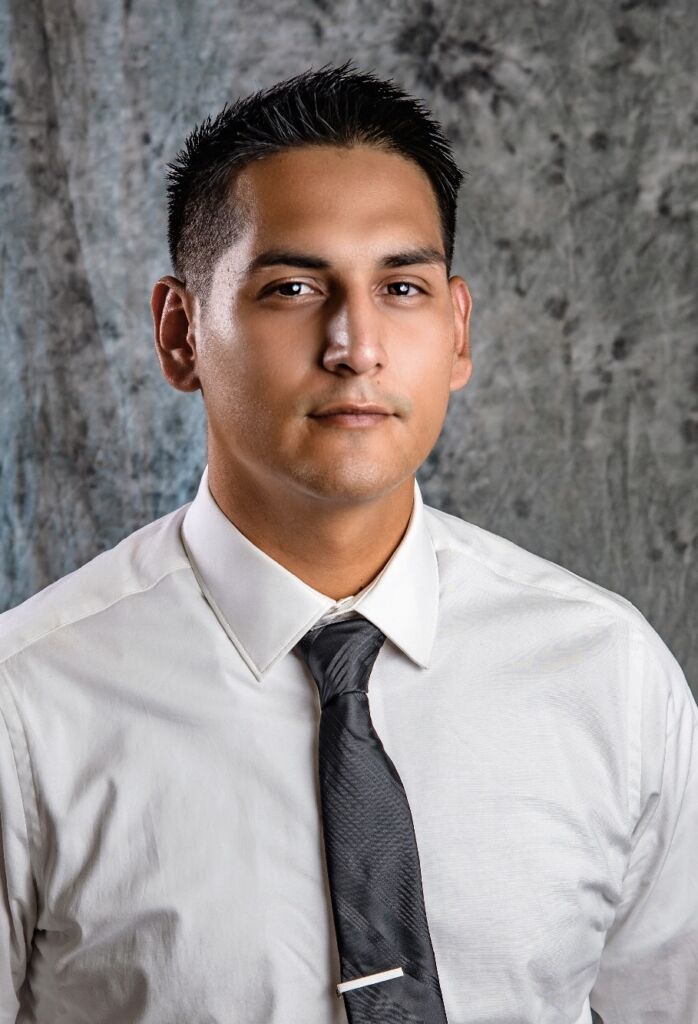
Vincent
Case Manager/Group Facilitator
Vincent brings over seven years of experience in behavioral health, with a strong focus on case management, group facilitation, and crisis de-escalation. Throughout his career, he’s worked across all levels of care—including detox, residential, outpatient, and sober living—while ensuring adherence to state and JCAHO compliance standards.
